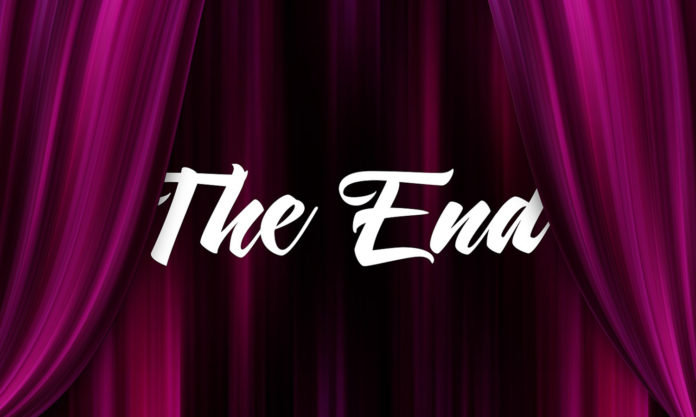
In a recent post, Janice Hardy looks at 5 common problems with endings. “Your ending is the whole point of your book,” she says. “How you end the novel and resolve the story will determine whether or not that reader raves about the novel the next day, or forgets about it before the week is over.”
Why? Because the ending is what your reader has been anticipating since page 1. When endings fails to pit the protagonist and antagonist against each other to resolve the novel’s core conflict, you fail to live up to the promise you made at the beginning. “If an ending isn’t working, it’s often because we’ve forgotten what the point of the novel was,” Hardy writes. “We end the story, but it’s not the ending we promised, or it doesn’t resolve the things we set out to resolve.”
Hardy identifies 5 common problems with endings:
- It’s the Wrong Size. Generally, endings run about 25% of your total word count, about equal to your beginning. They follow an opposing structure, providing your hero an off-ramp, where your beginning got him on the road. “When the ending is the wrong size, it either feels too fast and everything resolves so quickly readers don’t have time to absorb (let alone enjoy) the climax, or it’s so slow it feels like the novel will never end,” Hardy explains.
- It Doesn’t Resolve the Core Conflict. The resolution of your core conflict is the point of your story, but if you forget that central point, your ending might resolve a side issue. “Make sure the climax is solving the core conflict, and resolve the problem the plot set out to solve in the first place,” Hardy says. You might need to go back to the beginning to remember what that was, especially if you have a complex or complicated plot.”
- It Doesn’t Involve the Protagonist. This can happen easily with epic novels or stories with large casts. A minor character saves the day while the character everyone thinks is the hero is sidelined. “Put the protagonist back in the driver’s seat and let them solve the problem,” Hardy advises. “It’s okay if they have help, but they should be at the center of what happens.”
- The Protagonist Doesn’t Grow. Has your protagonist’s journey led to an emotional change or to they end the story in the same place they started? If the experience of your novel hasn’t changed your main character, get back to the drawing board and find areas to strengthen their emotional arc.
- The Ending Doesn’t Fulfill the Story Promise. If a reader buys your adventure novel, they probably don’t want the ending to read like a slice of your memoir. Even in a cross-genre novel, one flavor will be stronger. Make sure you are meeting the expectations of the person who paid money for your book.











